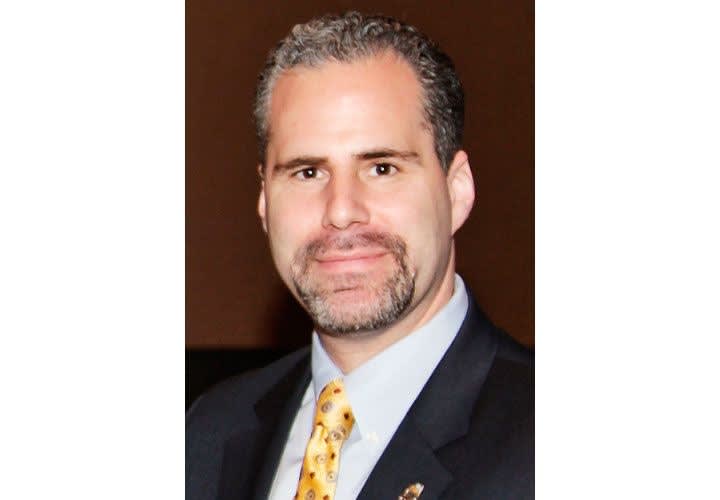We are all short-timers at best. Cops quickly learn that every day is a gift, and tomorrow isn't guaranteed for anyone. I attended a recent VALOR forum where retired chief John Bouthillette, a renowned subject matter expert on officer safety and wellness, reported that the average life expectancy of a law enforcement officer is 20 years less than civilians. We understand that the inevitability of the ultimate sacrifice for some officers will contribute to this early departure from life. However, it is injury to the soul that is the leading cause of death for law enforcement officers.
Statistics show that suicide has been the leading cause of officer deaths for the past 10 years. Reports indicate that 43% of officer fatalities are self-inflicted. This figure is followed by vehicular fatalities at 21%, criminal assaults on officers at 20%, and on-duty heart attacks at 16%.
During his VALOR presentation, Bouthillette listed the following contributing factors to officer suicides: persistent daily stress, exposure to human misery, anxiety about the job, and difficulty managing relationships and finances. Law enforcement as a profession continues to fail at providing credible support for cops with bleeding souls.
According to Dr. Olivia Johnson, an expert in officer wellness and a former police officer, "Officers are trained to respond to armed subjects. However, training falls short (and has for years) regarding the emotional and psychological toll of the job and the after-effects the job has on their personal and professional lives."
Johnson drives home the point that when an officer becomes the armed subject that is confronting themselves by suicidal thoughts, they are ill-equipped to counter this lethal threat to themselves. An officer may carry a trauma kit to mitigate the effects of physical wounds, but that gear does not include a tourniquet for a bleeding soul.
In order to better understand the circumstances associated with cop suicides, we need a centralized means for capturing pertinent data. According to Johnson, "We should not have to fight over this issue through media accounts. We should have a database that records these deaths, negating any and all arguments. The data would dictate where additional monies, research, and training/education are needed." For a national database to have any value, we would need the commitment of law enforcement executives to provide consistent reporting of pertinent data. When we bury an officer's suicide, we are unwittingly burying the remedy for preventing future suicides.
While the military recognizes and provides treatment for post-traumatic stress, law enforcement remains oblivious to this silent killer. During the course of their careers, law enforcement officers may experience numerous post-traumatic stress injuries. There is no instrument for measuring the individual impact of these injuries on an officer's state of mind, but the cumulative effect can be staggering. When these injuries to the psyche are compounded by financial or marital stress, the outcome may be fatal. But when the impacted officer realizes they need help, or their partner realizes they need to take that officer for help, where do they go for credible treatment?
Fortunately, some support groups and non-profit organizations have recognized the challenges associated with providing officers access to credible, anonymous help. Two organizations in particular have created cop support services that protect the identity of the officer. Sheriff Tim Whitcomb from Cattaraugus County is one of the principals in standing up the "Talk To Me Post Tour" (www.ttmpt.org). At the TTMPT.org site officers can gain access to a private law enforcement chat group while protecting their identities. The group is moderated by a trained law enforcement professional, and officers participate via a password-protected computer link.
Tennessee FOP Police Chaplain Robert Michaels has created a similar forum for officers, active and retired, and their spouses. At the Serve and Protect Talk Line, officers have the opportunity to share their experiences and feelings with other cops to help reduce their stress. Michaels also understands how the job can impact an officer's spouse, and is standing up a similar forum for law enforcement spouses to express their concerns and seek guidance. While these forums are not touted as an immediate remedy, they do provide invaluable conduits for private discussions that may ultimately save lives.
Police cultural denial will not stop the spiritual bleeding, but providing officers and their spouses access to credible support will help drive back the demon of suicide. As Bouthillette and Johnson both say, "Going home is not enough: you must go home healthy."
Jon Adler is the president of the Federal Law Enforcement Officers Association Foundation.
Editor's Note: Any first responder approaching crisis is urged to call the National Suicide Prevention Lifeline (1-800-273-8255), which provides 24/7, free and confidential support for people in distress.
Safe Call Now (1-206-459-3020) offers those services specifically for first responders.












